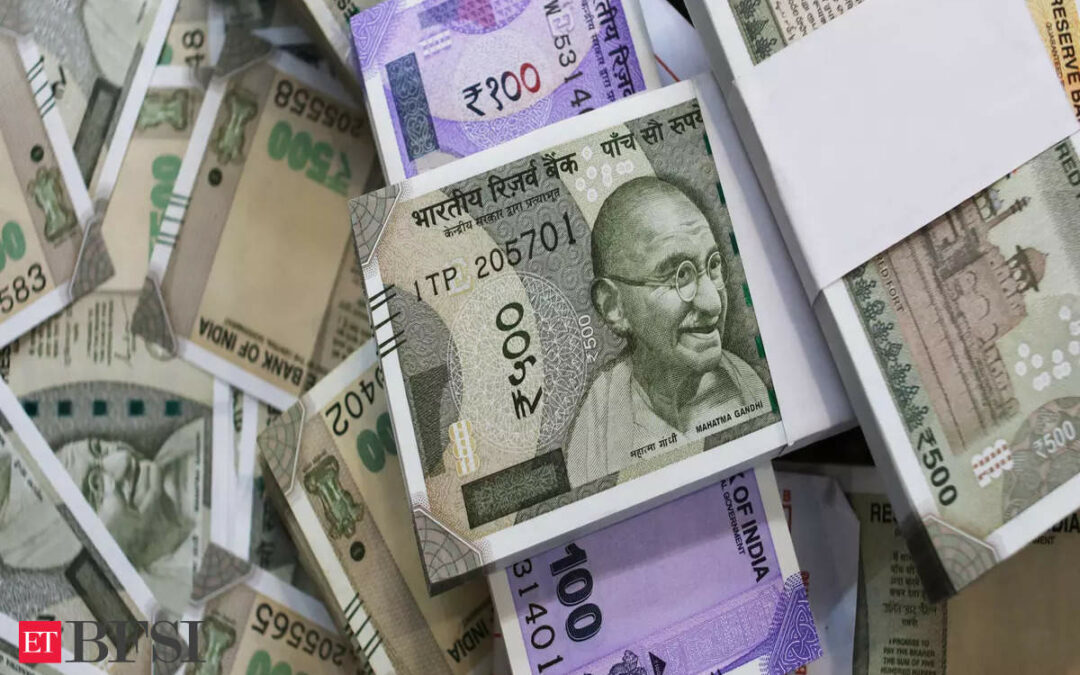Any individual who wishes to claim a tax deduction and enjoy a fixed return can choose to invest in a tax-saving fixed deposit (FD). The maximum amount that can be invested in a tax-saving FD is Rs 1.5 lakh. Tax-saving FDs have a lock-in period of five years. For such tax-saving FD, a maximum deduction of Rs 1.5 lakh can be claimed under Section 80C of the Income-tax Act, 1961. Do keep in mind that the deduction under Section 80C is limited to only those individuals who choose the old tax regime while filing their income tax return (ITR) in a financial year. In the new tax regime, there is no such deduction available under Section 80C.
Here’s a list of five banks that offer the highest interest rate on tax savings FDs including a special rate for senior citizens. Do note that these rates are effective for deposits below Rs 2 crore as of October 7, 2023
Highest tax-saving FD interest rates
| Bank name | Interest rate on tax-saving FDs |
| DCB Bank | 7.4% |
| IndusInd Bank | 7.25% |
| YES Bank | 7.25% |
| Axis Bank | 7% |
| HDFC Bank | 7% |
Source: Compiled by ETIG; Interest rates as of October 7, 2023
DCB Bank tax-saving FD interest rate
DCB bank is offering an interest rate of 7.4% on tax-saving FDs for individuals below 60 years of age.
IndusInd Bank tax-saving FD interest rate
IndusInd Bank is offering an interest rate of 7.25% on tax-saving FDs of tenure of 5 years (60 months).
YES Bank tax-saving FD interest rate
YES Bank is offering an interest rate of 7.25% on tax-saving FDs. As mentioned earlier, tax-saving FDs have a tenure of five years.
Axis Bank tax-saving FD interest rate
Axis Bank is offering an interest rate of 7% on tax-saving FDs.
HDFC Bank tax-saving FD interest rate
HDFC Bank is offering an interest rate of 7% on tax-saving FDs.
It must be noted that the interest accrued on such a tax-saving FD is taxable.
Hence before investing in a tax-saving FD, three key points need to be remembered:
- The maximum investment amount is Rs 1.5 lakh in tax savings FD.
- Tax-saving FDs have a tenure of 5 years, and the investment is locked in i.e., cannot be redeemed prematurely.
- The interest from the FD itself is not tax-free. Rather the invested principal amount in tax savings FD can be claimed as a deduction from income under section 80C up to Rs 1.5 lakh in the year of investment.
“Interest income from tax savings FD is taxable under the head of income- ‘Income from other sources’. It is advisable for the taxpayer to pay income tax on such an FD’s interest on accrual basis, unless the taxpayer follows a different accounting system. However, TDS on Interest Income is deducted at the time of credit of such interest income or at the time of payment (whichever is earlier),” says Mihir Tanna, associate director, S.K Patodia and associates, a Mumbai based CA firm.Source: Compiled by ETIG; Interest rates as of October 7, 2023.










